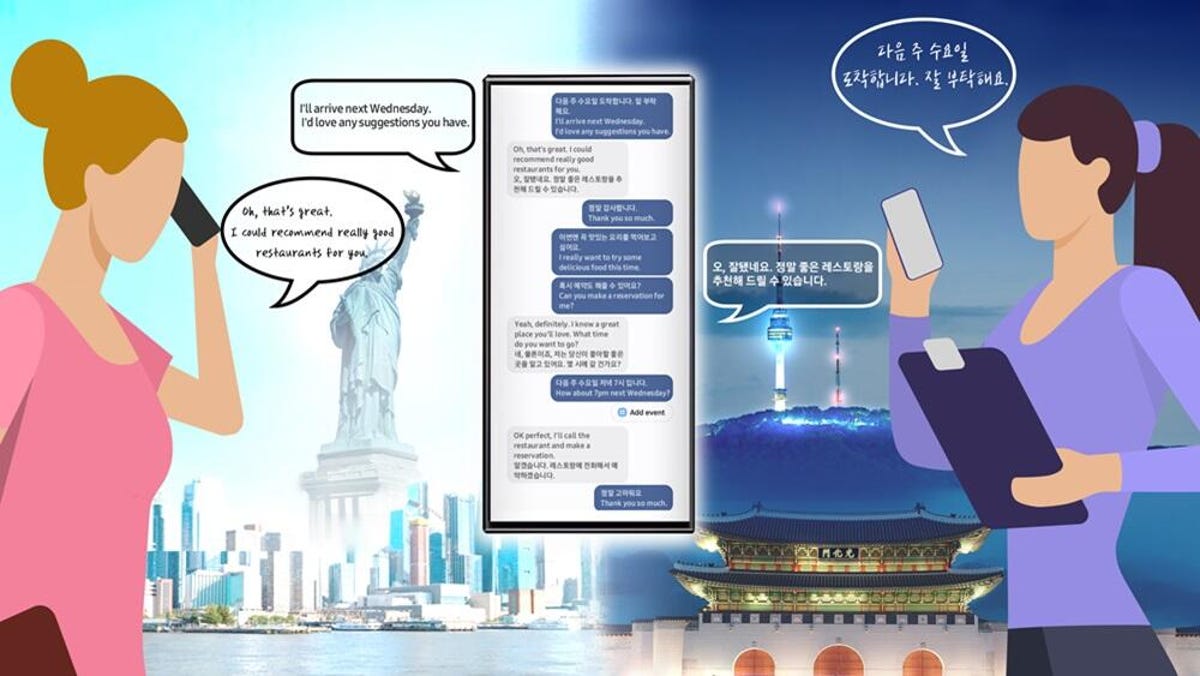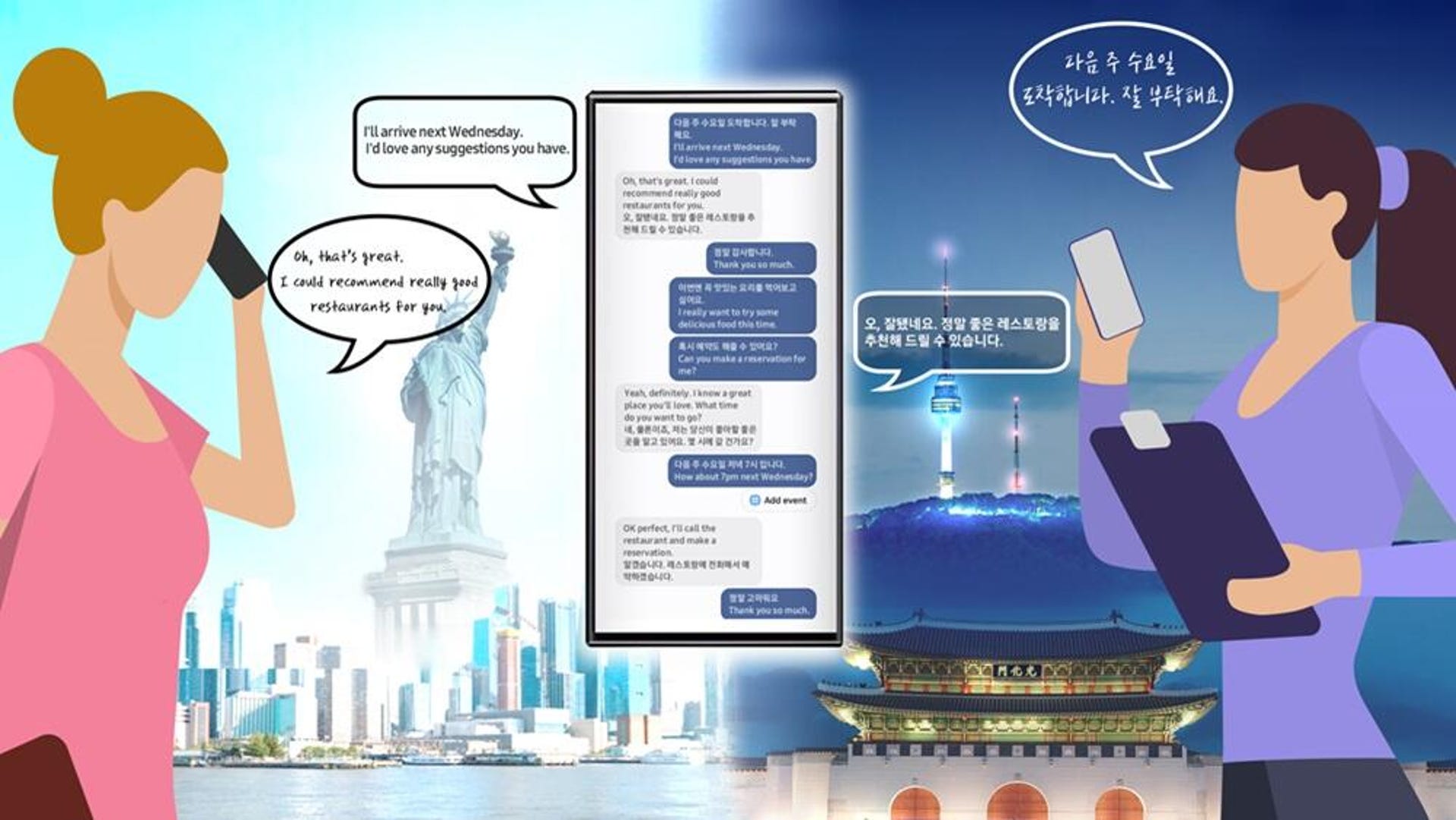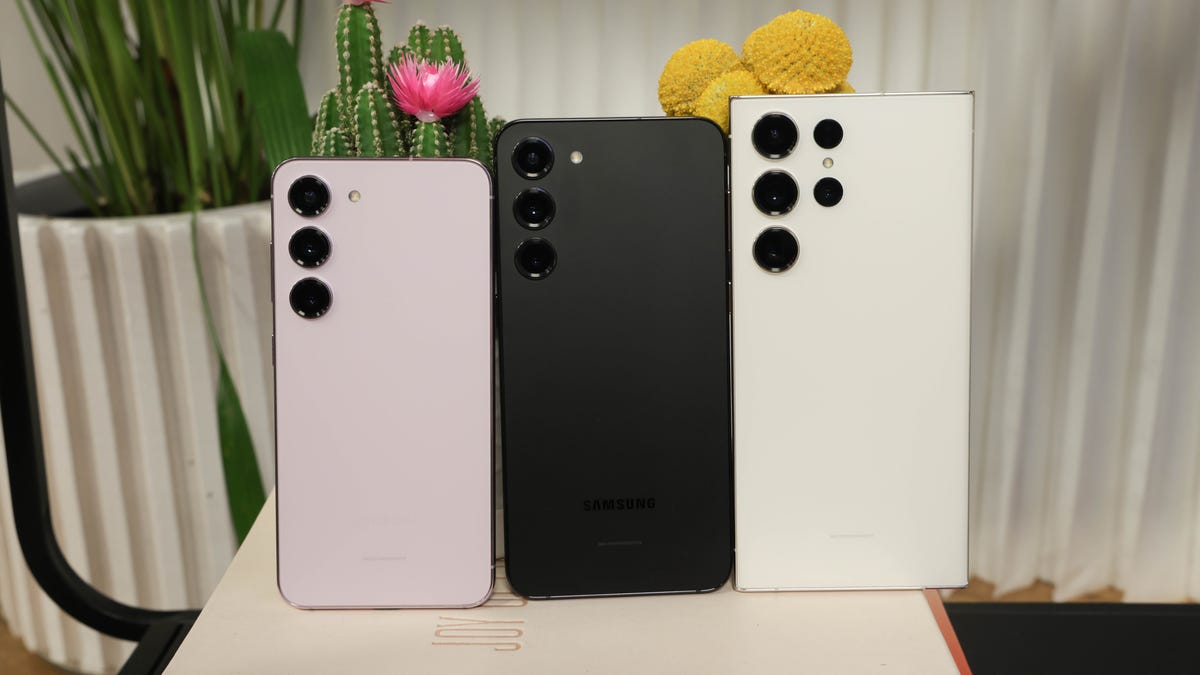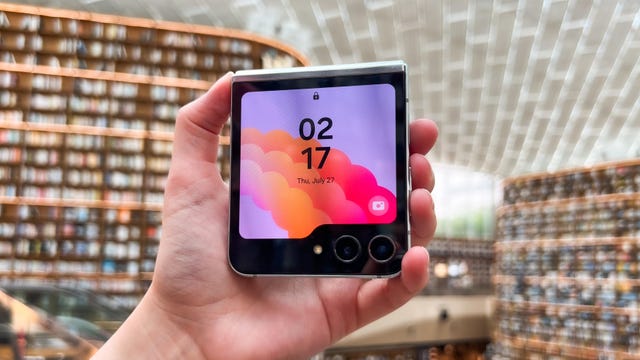Samsung’s rumored Galaxy S24 lineup may stand out from its predecessors in one big way. Though the world’s largest maker of smartphones usually prioritizes high-resolution cameras, bright screens and snappy performance, new software features could be the S24’s biggest attraction.
That’s because Samsung is expected to bring more generative AI-powered features to its next major phones. The company recently announced its own AI model, as well as Galaxy AI, a new AI “experience” for mobile devices, and it seems likely these technologies will play a big role in the Galaxy S24.
Generative AI, or AI that can churn out conversational (but not always accurate) answers to prompts based on training data, was everywhere in the tech world in 2023. That applies to smartphones too, especially toward the end of the year, as Google unveiled the Pixel 8 series and Qualcomm and MediaTek introduced new phone chips optimized for AI.
Read more: Best Phone of 2023
Here’s a look at what we know so far about Samsung’s AI plans for the Galaxy S24 lineup. The phones are rumored to debut in January, according to Korean news outlet SBS Biz, so we should learn more soon enough.
What is Galaxy AI?


We don’t know much about Galaxy AI yet. But Samsung describes it as a “comprehensive mobile AI experience” and “universal intelligence on your phone.” Samsung mentions communication, productivity and creativity as areas where Galaxy AI will show up on its phones, meaning it’s possible we’ll see Galaxy AI features in Samsung apps like phone, messages, S Note and the camera.
But that’s just speculation, we won’t know for sure until Samsung reveals more details. Samsung says Galaxy AI will arrive early next year, which means there’s a good chance it’ll debut with the Galaxy S24 series.
Samsung provided one example of how Galaxy AI will appear in future phones. AI Live Translate Call, which the company says will be available on “the latest Galaxy AI phone,” will provide audio and text translations in real time during phone calls made through Samsung’s native phone app. It sounds similar to the Pixel Live Caption feature currently available on Pixel phones.
Based on Samsung’s press release, it sounds like certain Galaxy AI features would be processed on the device to preserve privacy, while others could be executed in the cloud. AI Live Translate Call is one such example of a feature that would work locally.
AI isn’t new to Samsung phones

Generative AI may be having a moment, but AI has powered many smartphone features for years, particularly voice assistants, language translation apps and photography tools like portrait mode. Samsung has already been ramping up the use of AI in its phones, and its existing efforts could provide a hint at what’s to come with Galaxy AI.
In early 2023, Samsung upgraded its Bixby voice-enabled helper with a few new tricks, such as the ability to have it blend traditional phone calls with texting through Bixby Text Call. As the name implies, it allows you to answer a call and carry out a conversation via texting while the caller speaks verbally, with Bixby acting as the intermediary.
You can even clone your voice to make Bixby sound like you when it reads your texts to the caller. Samsung also expanded Bixby’s offline functionality with support for certain commands without an internet connection, such as setting a timer or activating the flashlight.
Read more: Best Samsung Phone of 2023
Samsung’s description of Galaxy AI sounds a bit like a supercharged, updated version of Bixby. And Bixby’s recent direction feels aligned with where Galaxy AI could be going, especially with features like Bixby Text Call. But given that Samsung has broadened Bixby’s role in its smart home platform, it seems unlikely that Galaxy AI would wholly replace the company’s 6-year-old voice assistant.
Instead, I could see Galaxy AI serving as an umbrella term for various AI-powered phone features, including those that work through Bixby. Or maybe it’ll be a rebrand of Bixby’s phone-centric features. We’ll know for sure when Samsung has more to say.
An AI-centric processor for the Galaxy S24

The Galaxy S24, which according to SBS Biz could debut Jan. 17, will likely have a new chip to fuel Galaxy AI and other similar features. Samsung typically puts the latest Qualcomm chip in the version of its Galaxy S phones sold in certain markets, like the US, while its Exynos processors power other international models.
If the Galaxy S24 is indeed powered by Qualcomm’s new Snapdragon 8 Gen 3 processor, it should be well equipped to handle plenty of AI tasks. When Qualcomm announced the chip in October, it emphasized its ability to run AI models and perform AI actions both locally on the device and in the cloud.
Qualcomm showed off various use cases for AI on smartphones during its Snapdragon Summit in October, including a virtual assistant that can summarize phone calls and provide notes and suggestions afterward. The chip can also “zoom out” on photos that have already been captured, by analyzing the photo to fill the frame. But of course, it’s up to phone-makers like Samsung to put the technology to use in their own devices.
Samsung’s new Exynos 2400 mobile chip was also designed with AI in mind, with the company claiming it offers a nearly 15-times improvement in AI performance over the older Exynos 2200 processor. Samsung also demonstrated how the new chip can enable text-to-image generation, during its LSI Tech Day event in October, according to the company’s press release.
Read more: I Could’ve Used Qualcomm’s ChatGPT-Like Phone AI on My Trip to Hawaii
Based on these new chips, it sounds like both the Qualcomm and Exynos versions of Samsung’s next phones could share the same AI features. Since these processors are optimized for AI tasks, there’s also a chance Galaxy AI could be exclusive to the Galaxy S24 lineup — similar to how certain Pixel features work only on the Pixel 8 Pro or other devices running on Google’s Tensor chips. However, Samsung regularly releases new software features through its One UI updates, so it’s possible certain AI features that don’t require on-device processing could trickle down to older devices.
There’s a lot of hype around generative AI, and Samsung is known for integrating new technologies into its products early — sometimes while it’s still figuring out whether they’re truly valuable to the overall experience. Remember the Galaxy S4’s eye tracking features? What about the Galaxy Note Edge’s curved sidebar?
The good news is that gimmicky features like these no longer define Samsung’s approach to smartphones, as evidenced by its simpler approach to the Galaxy S series in recent years and the success of its foldable phones. But 2024 will still be the year in which AI has to prove its purpose on smartphones, and it looks like that will start with Samsung.
Editors’ note: CNET is using an AI engine to help create some stories. For more, see this post.



